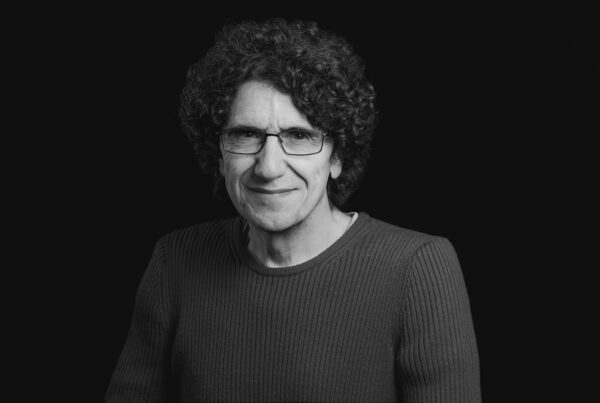Marcos Malumbres studied Biology at the Universidad de Navarra and obtained the PhD by the Universidad de León in 1993. He moved to the New York University Medical Center for posdoctoral training for 4 years and, in 1998, joined M. Barbacid’s lab in the newly created Spanish National Cancer Research Centre (CNIO) in Madrid. He obtained a Staff Scientist position at the Consejo Superior de Investigaciones Científicas (CSIC) and was appointed senior group leader at CNIO in 2004. He moved to the Vall d'Hebron Institute of Oncology (VHIO) as director of the Systems Oncology Program and Cancer Cell Cycle group leader. Dr. Malumbres has authored more than 200 international articles including relevant contributions on the function of key cell cycle regulators and their relevance in cancer therapy. He was elected member of the European Molecular Biology Organization (EMBO) in 2016 and received the Gold Medal of the Spanish Association against cancer in 2019.
Research interests
Marcos’ lab focuses on the mechanisms that control cell differentiation and proliferation and their implications in pathology. His group is interested in molecules that drive tumor cell proliferation and the therapeutic opportunities of inhibiting their activity in cancer. Past research in the last years contributed to the approval of inhibitors of cyclin-dependent kinases 4 and 6 (CDK4/6) in breast cancer therapy. Yet, these inhibitors are not efficient in other tumor types and understanding how cells drive the cell cycle in the absence of CDK4/6 activity is a major goal in his lab. Recent efforts in his lab also focus on therapeutic opportunities in genomically unstable tumors, as well as generating a platform of patient-derived samples in which genetics, biochemistry and single-cell studies can be combined to develop and test efficacious therapeutic strategies to be translated to the clinic.
Selected publications
– Meattini I et al. & Consensus Panellist Group (incl. Malumbres M 2024, ‘International multidisciplinary consensus on the integration of radiotherapy with new systemic treatments for breast cancer: European Society for Radiotherapy and Oncology (ESTRO)-endorsed recommendations‘ Lancet Oncol. 25, e73-e83.
– Vara-Ciruelos D & Malumbres M 2024, “Cross Talk Between Metabolism and the Cell Division Cycle“, Methods Mol Biol 2740:141-154.
– Mayer IM, Malumbres M et al. 2024, ‘Kinase-inactivated CDK6 preserves the long-term functionality of adult hematopoietic stem cells‘, Blood, 144 – 2 – 156 – 170.
– Sanz-Flores M, Malumbres M et al. 2024, ‘PP2A-B55 phosphatase counteracts Ki-67-dependent chromosome individualization during mitosis‘, Cell reports, 43 – 7 -114494.
– Lorman-Carbó N, Malumbres M et al. 2024, ‘Comparative biological activity of palbociclib and ribociclib in hormone receptor-positive breast cancer‘, Scientific reports, 14 – 1 -16030.
– Malumbres M & Villarroya-Beltri C 2024, ‘Mosaic variegated aneuploidy in development, ageing and cancer‘, Nature reviews genetics, 25-12-864-878.
– Mayer IM, Malumbres M et al. 2024, ‘Kinase-inactivated CDK6 preserves the long-term functionality of adult hematopoietic stem cells‘, Blood 144, 156-170.
